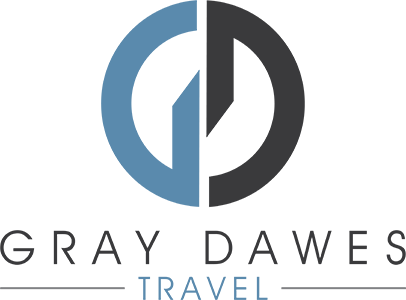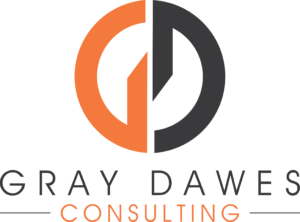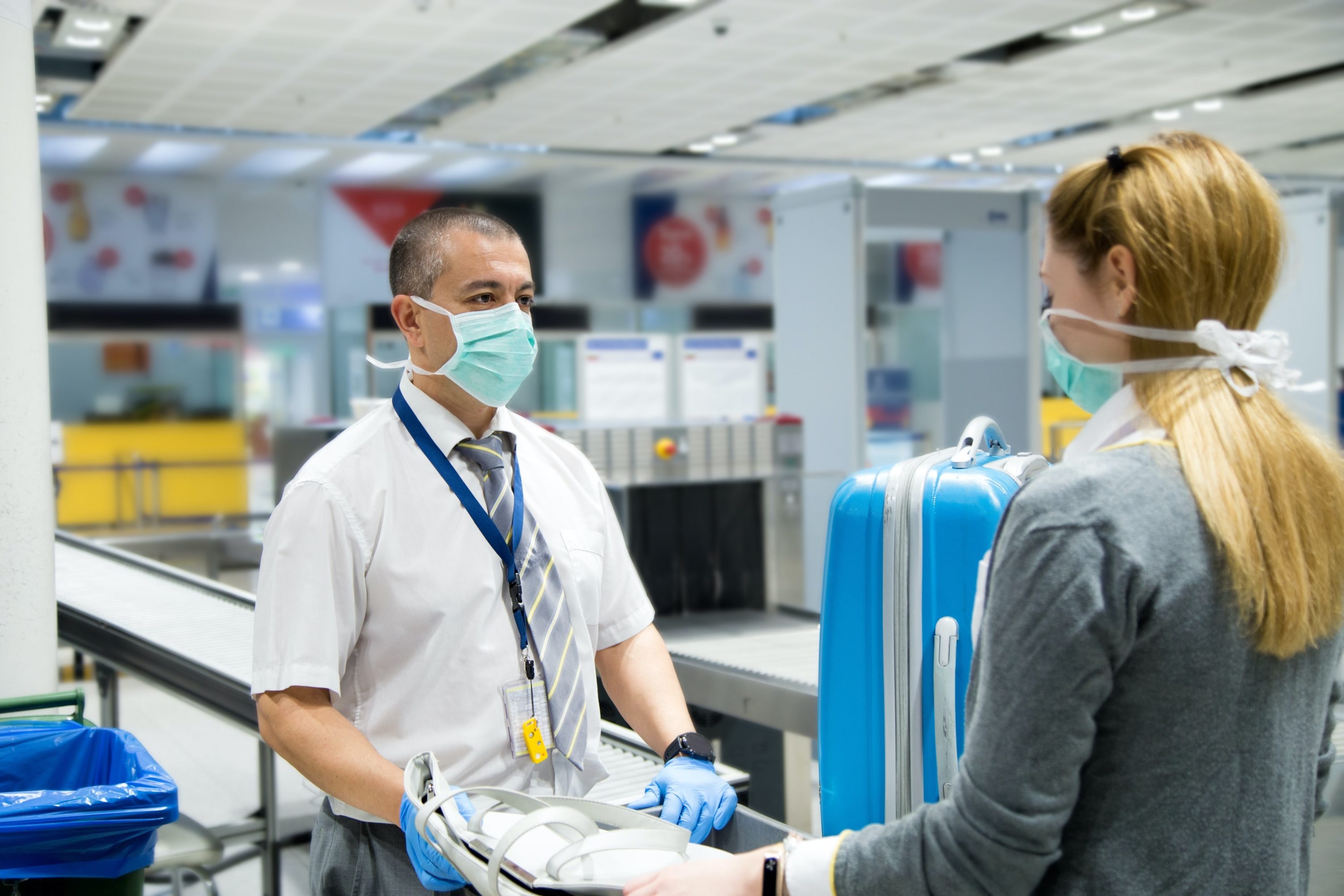Our own head of Gray Dawes Consulting, Aman Pourkarimi, has studied the report (so you don’t have to) and below presents the key takeaways, along with his own recommendations for UK businesses.

- In 2020, total global business travel expenses contracted by 52 percent, while managed corporate-travel spending in the United States plummeted 71 percent, or $94 billion.
- Based on herd immunity being achieved through vaccines, United States and the United Kingdom will slowly transition toward normalcy in mid-2021, with the rest of the European Union following shortly after.
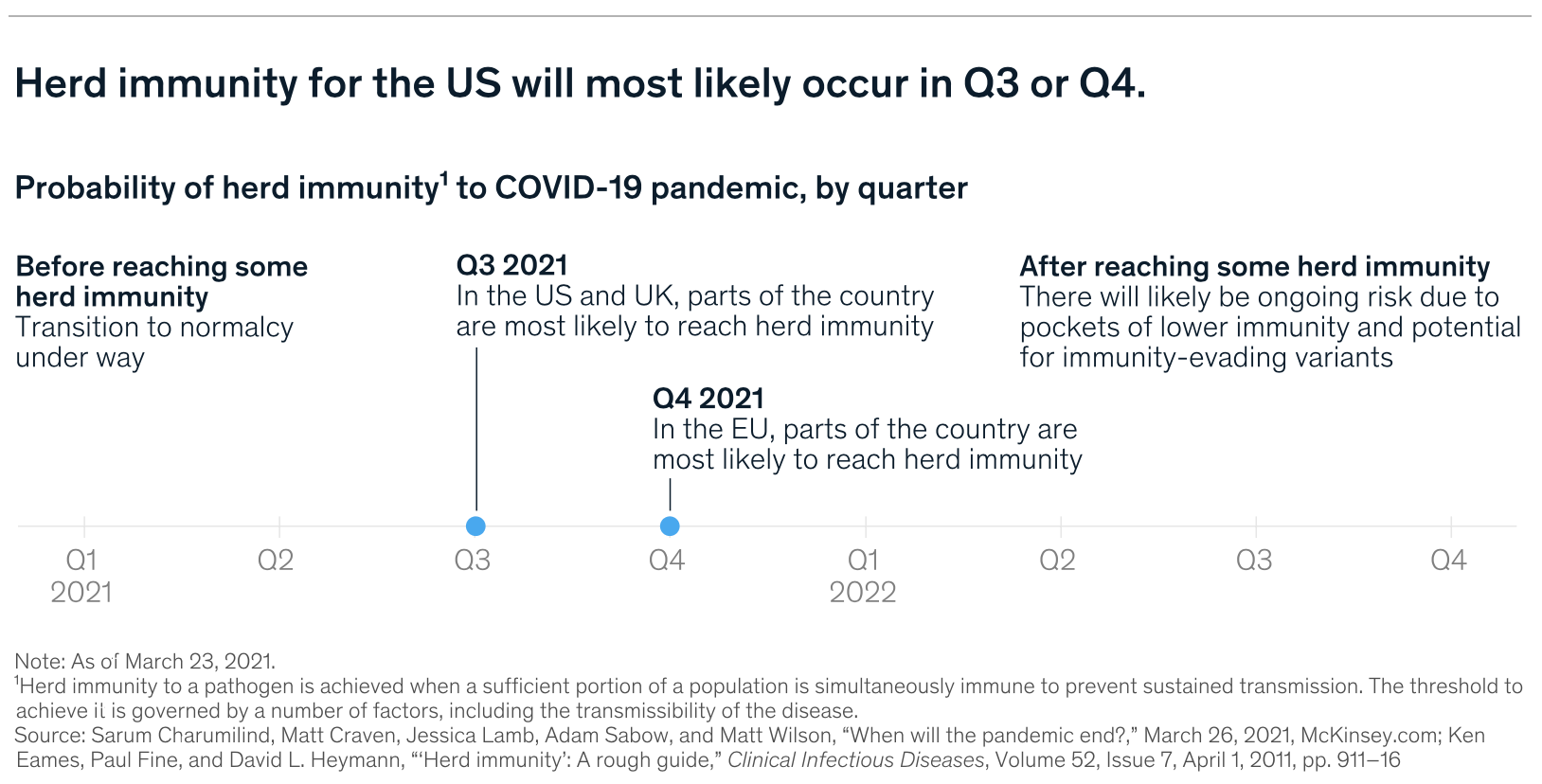
- Around 70 percent of executives said their companies will employ more temporary workers than before the pandemic, and 72 percent of executives report that their companies have started to adopt permanent remote-working arrangements for a subset of their employees. Nearly 40 percent of the workforce in the United States has the potential to work from anywhere.
- Around 30 percent of executives in a recent survey say they have not heard about specific plans for corporate travel after the pandemic, while another 28 percent described their companies’ plans as vague.
- Speed of recovery for sales meetings will come first, conferences last.
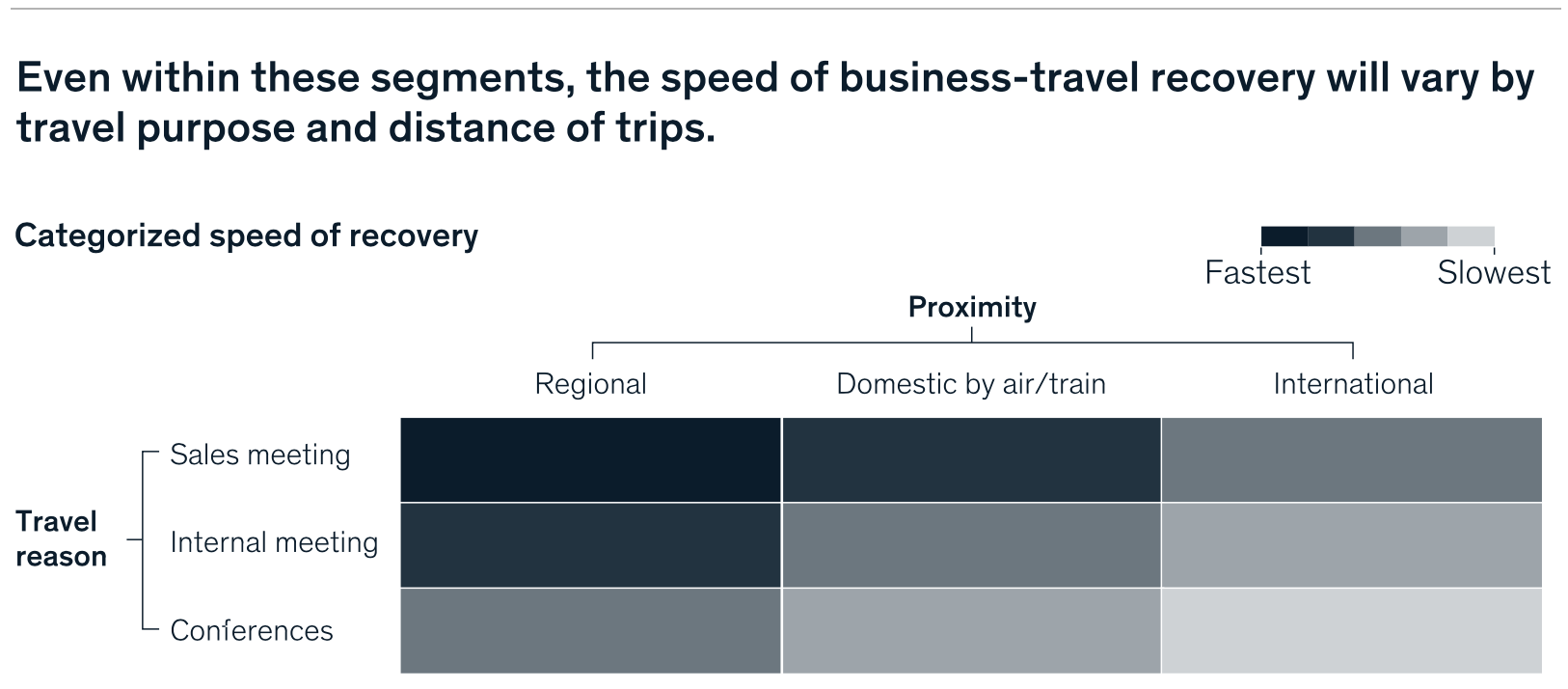
- There are 4 Travel Profiles identified by the McKinsey Report:
Never Left
On one end of the spectrum, employees for whom travel is deemed essential for conducting business resumed their trips as soon as lockdowns eased.
Never Returning
On the other end, business travellers that contributed to one-fifth of business travel spending in 2019 present an enticing opportunity for corporations to permanently slash their corporate-travel budgets. Digital adopters who are able to maintain high levels of effectiveness while working remotely may never return to corporate travel.
Fear Of Missing Out
The bulk of business travel (60 percent of business-travel expenditure in 2019)—which will likely drive the rebound of corporate travel—will be fuelled by the FOMO segment: those traveling to cultivate important client relationships.
will likely increase corporate travel at much faster rates, as they are not subject to the heightened approval process that large enterprises have to follow. SMEs are likely to trigger a domino effect where one company’s resumption of business trips will catalyse its rivals’ return to work-related travel.
Slow Adopters
This segment consists of workers in relatively non-competitive industries and roles; it contributed 5 percent of total business-travel spending in 2019. These corporate travellers tend to come from the public sector, professional associations, and non-profits.
Our Recommendations
- Don’t be the 60% FOMOs who are simply waiting for others to travel first. As a business you would not do that with developing products, therefore, why would you be prepared to be left behind in terms of competition meeting your prospects and clients.
- So, work with your travel management company to provide aggregate spend data for each industry.
- Identify your top destinations and access major public-health updates for their unlocking of COVID so you are ready as soon as it is available.
- Traveller surveys – conduct regular traveller surveys to identify your community’s willingness to travel and work towards unblocking any barriers identified within your scope.
- Contact your preferred travel partners to gain information on inventory schedules and pricing to ensure you can budget accordingly.
Gray Dawes Consulting is an impartial, in-house team of experienced travel data experts who combine 90 years’ experience, market-leading tools and analytics to drive corporate travel booking efficiencies, cost savings and traveller satisfaction.
Adopting a tried and tested methodology of 28 Key Performance Indicators, the work of Consulting Manager, Aman Pourkarimi, and his team typically saves clients an average of 22% on their annual business travel spend. We are the first travel management company to offer a unique service which specialises in the SME / Mid Market space.
For a free consultation and to discuss your own travel policy planning, please get in touch.
NHS COVID PASS App
IMPORTANT - if you're using the NHS Covid Pass app as proof of your vaccination status, please ensure that the name shown on the app is exactly the same as how your name appears on your passport.
Under a pilot scheme held by British Airways, Virgin Atlantic and Heathrow Airport, around 250 fully vaccinated passengers on selected flights from New York, Los Angeles, Jamaica and Athens earlier this month presented their COVID status using paper or digital formats before boarding a plane. 99% of their documents were verified as authentic, with just two passengers rejected.
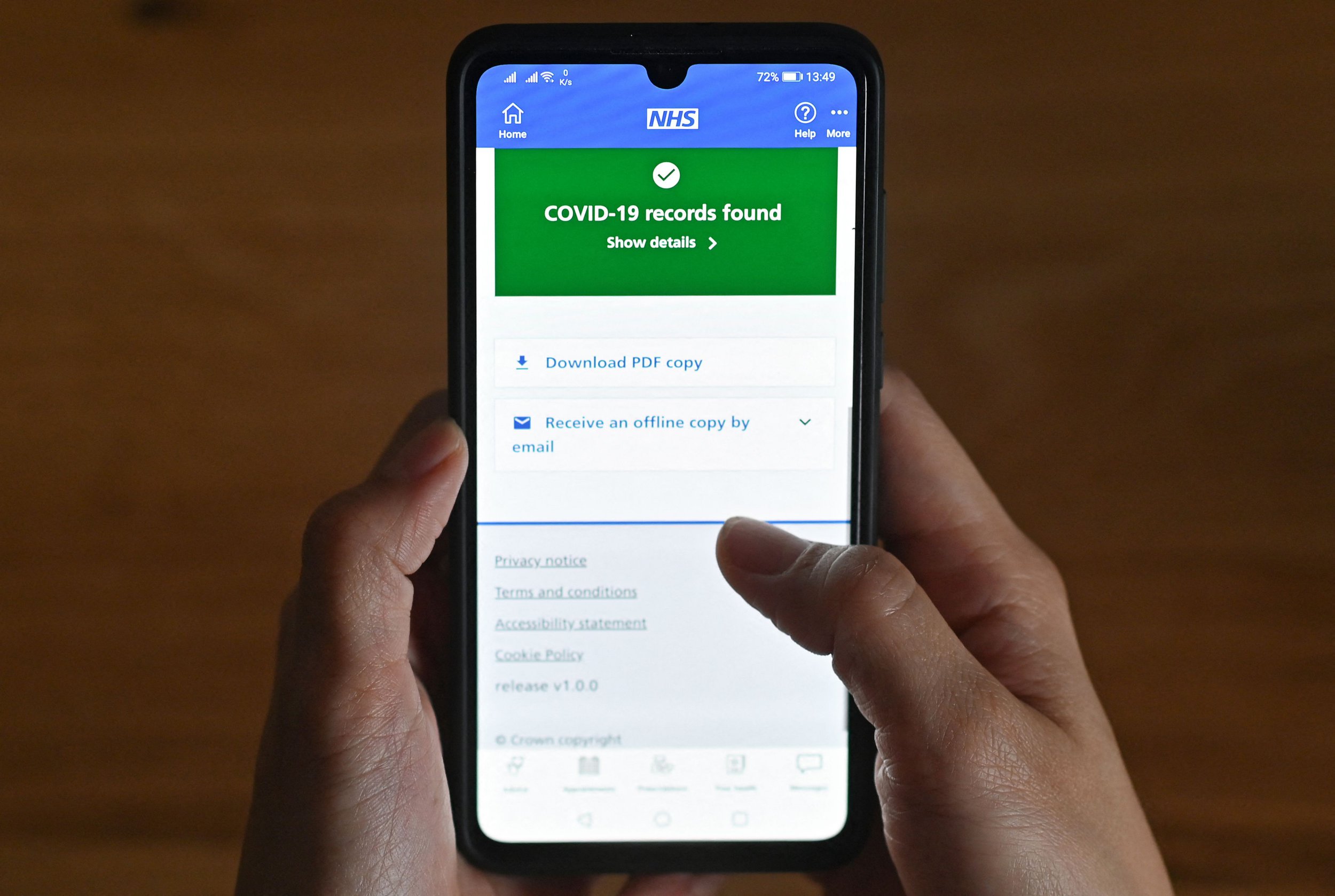
In one case, there was a discrepancy between the name on their vaccine card and the name on their passport. Another involved someone who had been fully vaccinated less than 14 days before travel.
To help you navigate the changes of business travel, we’ve created the brand-new Traveller Toolkit. This invaluable online resource is packed full of easy-to-use guides and checklists for every stage of every journey. We detail exactly what you need to know and do before, during and after your trip in a post-pandemic, post Brexit world.
You can even check the travel restrictions and health status of your destination with our comprehensive COVID-19 Country Tracker, updated five times daily to ensure you have the very latest information to help keep you and your travellers safe.
Travel is changing. With common sense and a good TMC behind you, travellers can have the confidence to once again take to the skies. It’ll soon be back business as (un)usual.
